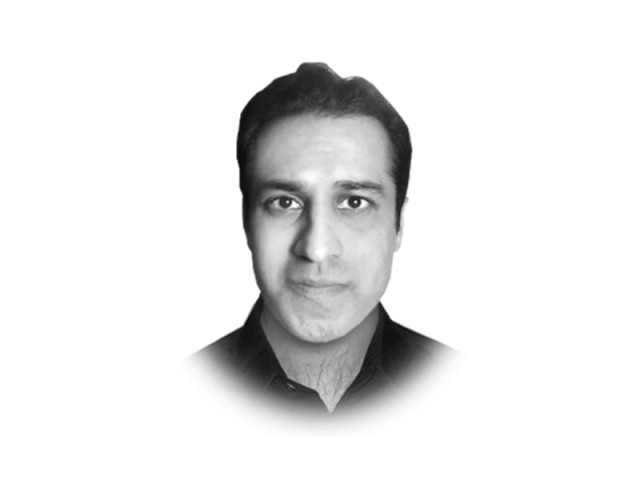On the Turkish model
For Pakistan to achieve the balance of Turkey today would require deep introspection and radical change.

On the Turkish model
Prime Minister Recep Tayyip Erdogan has close ties with President Asif Ali Zardari and his chief rivals, the Sharif brothers. They take inspiration from Erdogan, who successfully elbowed the praetorian military back into the barracks. Erdogan was banned from politics under military pressure in 1998, but has served as prime minister for the past nine years. He’s managed to have his cake and eat it too — standing up to Israeli abuse of the Palestinians, yet also becoming a close friend of US President Barack Obama. Erdogan’s comeback story is one Zardari and Nawaz hope to realise in Pakistan.
But Turkey remains a work in progress. Restraints on the military and Kemalism — the hypersecularism imposed by the country’s founder, Mustafa Kemal Ataturk — are recent developments. They’re by no means enduring, though they are bolstered by demographic shifts and high levels of economic growth that have empowered the new conservative Muslim middle class.
Roughly 13 years ago, General Pervez Musharraf sought to impose this Turkish model in Pakistan. Turkey, at the time, was heavily dominated by the military, which has seen itself as the guardian of the country’s sovereignty and Kemalism. Musharraf saw himself as an Ataturkesque sagacious military ruler who would modernise his country and produce a guided democracy. His establishment of a National Security Council was in part an attempt to realise in Pakistan what it had offered in Turkey at the time: a formal role for the military to have a veto power over military and non-military policy decisions.
In the Turkey of today, Pakistanis have picked an excellent role model. What is happening there — the massive economic growth, democratisation and push for greater regional influence — is quite remarkable. But Pakistanis must realise that the Turkey they want to become remains fundamentally the Turkey of Ataturk, not Erdogan. For Pakistan to achieve the balance of Turkey today would require deep introspection and radical change. It would require going beyond the vague platitudes offered toward the country, common in Pakistan’s political discourse and assessing what it really takes to become Turkey.
Walk in the streets of Istanbul and you will hear the azaan recited from centuries-old mosques in close proximity, while restaurant patrons consume alcohol with their meals on street-side tables. You’ll see Turkish and Western couples holding hands as they walk into the courtyard of a historic mosque or shrine. Turkey remains wholly Muslim yet secular; there’s a general tolerance that is increasingly absent from Pakistan’s religious landscape.
That’s not to say that Turkey is perfect. It has fallen short, for example, in managing ethnic diversity. Secular Ataturk promoted an extreme form of ethnic nationalism that has ostracised the Kurds — effectively the Baloch of Western Asia — and enabled decades of heavy-handed policies to root out Kurdish separatism.
Pakistan can learn from the success and failure of Turkey’s political system and society. But it need not restrict itself to a single source of inspiration and wisdom. As by-products of Mughal and British rule, Pakistan can benefit from studying the Indian experience. Pakistanis can learn from America’s ability to absorb new diverse populations and meld them into a single people. It can extract lessons from the success of Japan and Taiwan at balancing and engaging a much larger and potentially menacing neighbour.
In the end, Pakistan must develop its own unique way forward. Maybe decades down the road, transitional states — Muslim and non-Muslim — can take inspiration from the Pakistan model: a bankrupt, corruption and extremism-ridden country that took a hard look in the mirror and finally set itself right.
Published In The Express Tribune, June 7th, 2012.













COMMENTS
Comments are moderated and generally will be posted if they are on-topic and not abusive.
For more information, please see our Comments FAQ